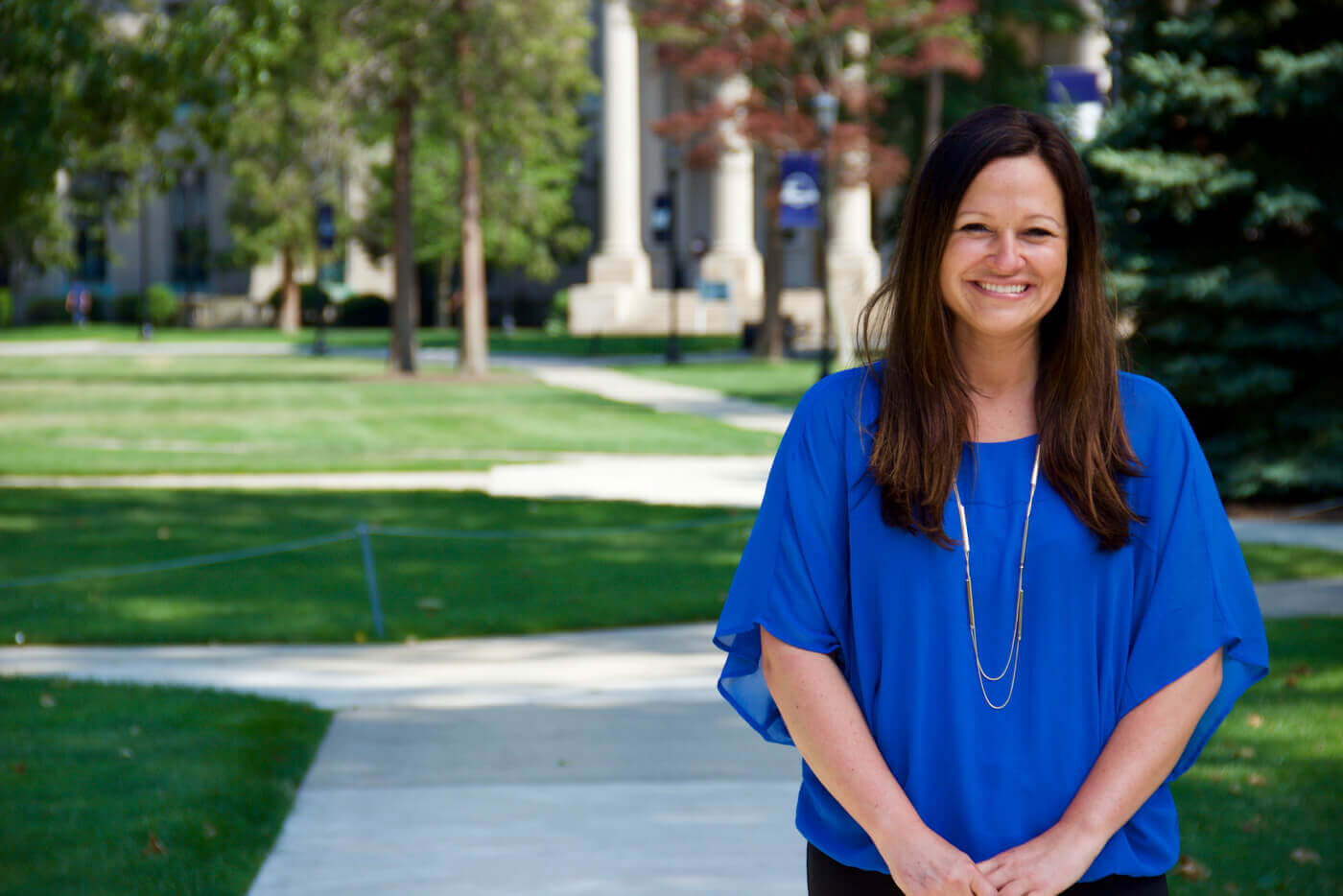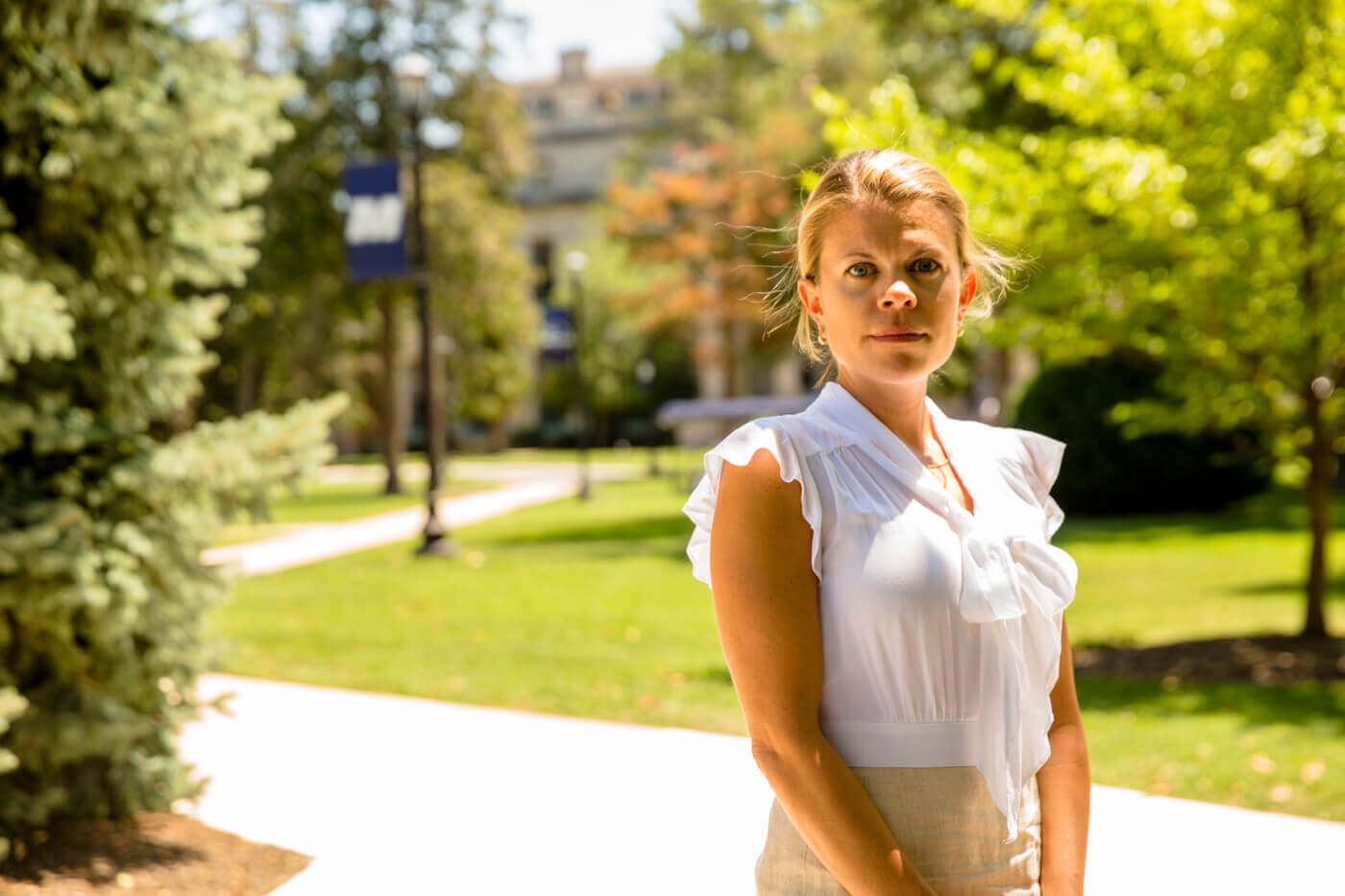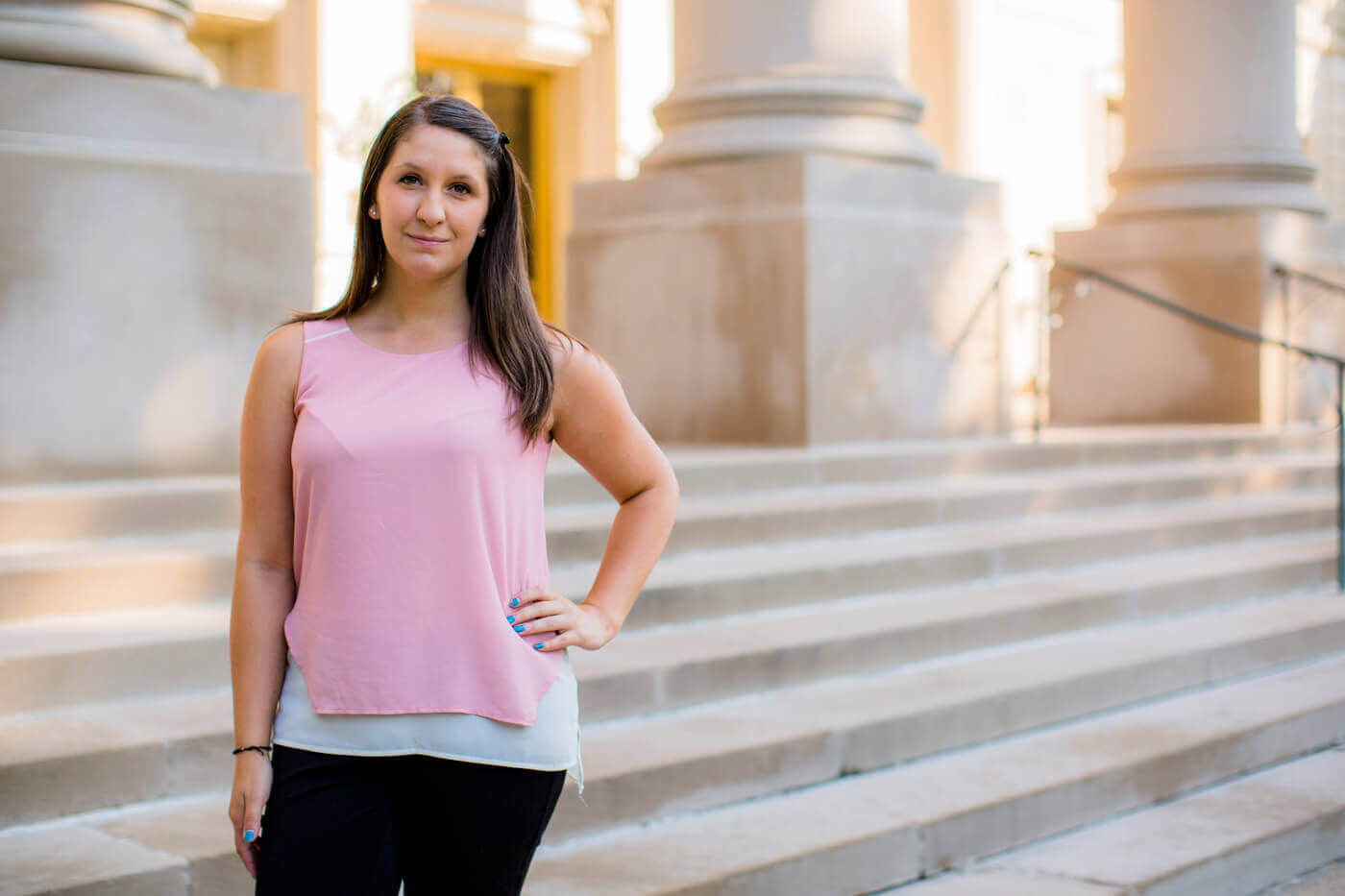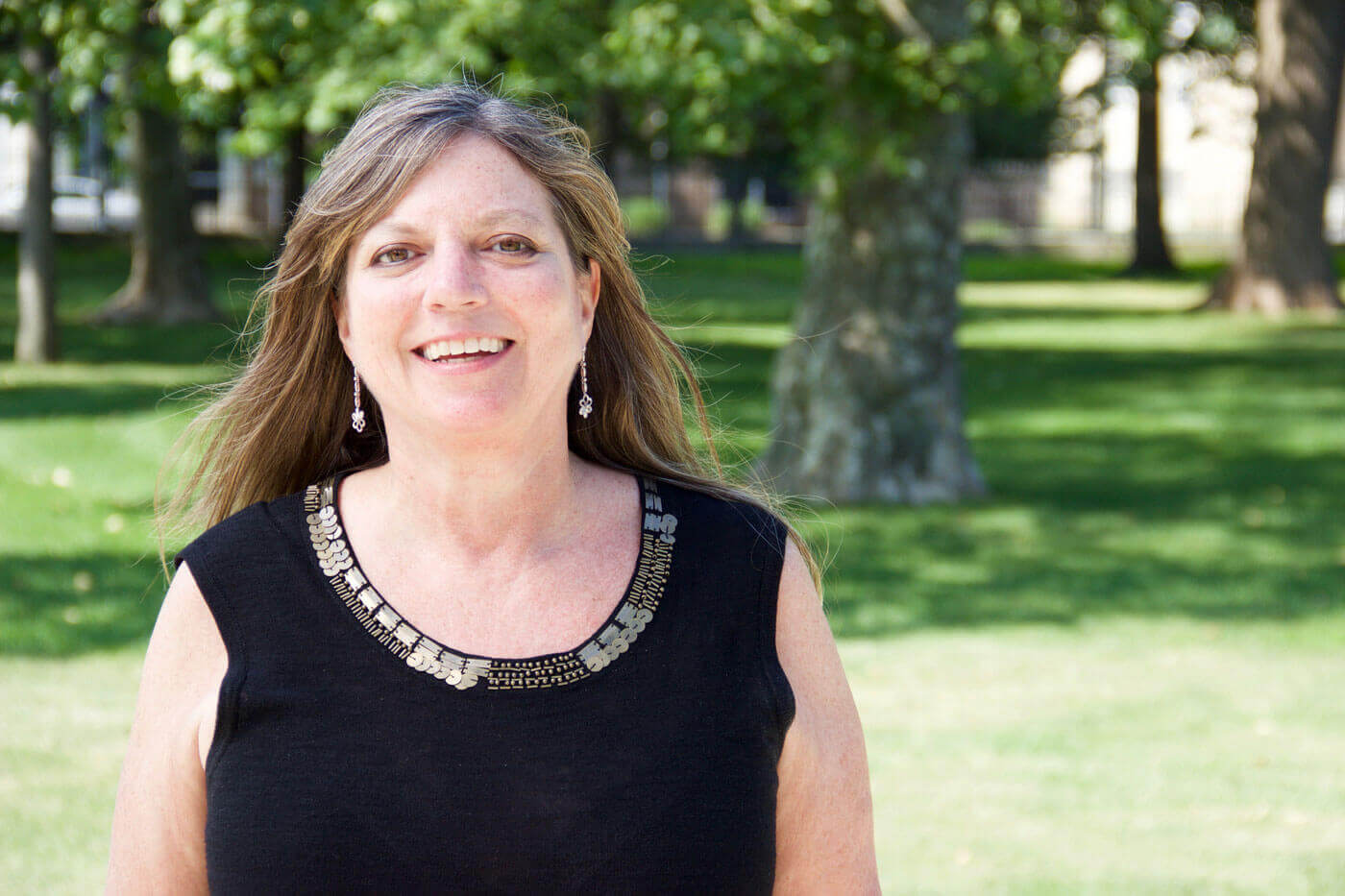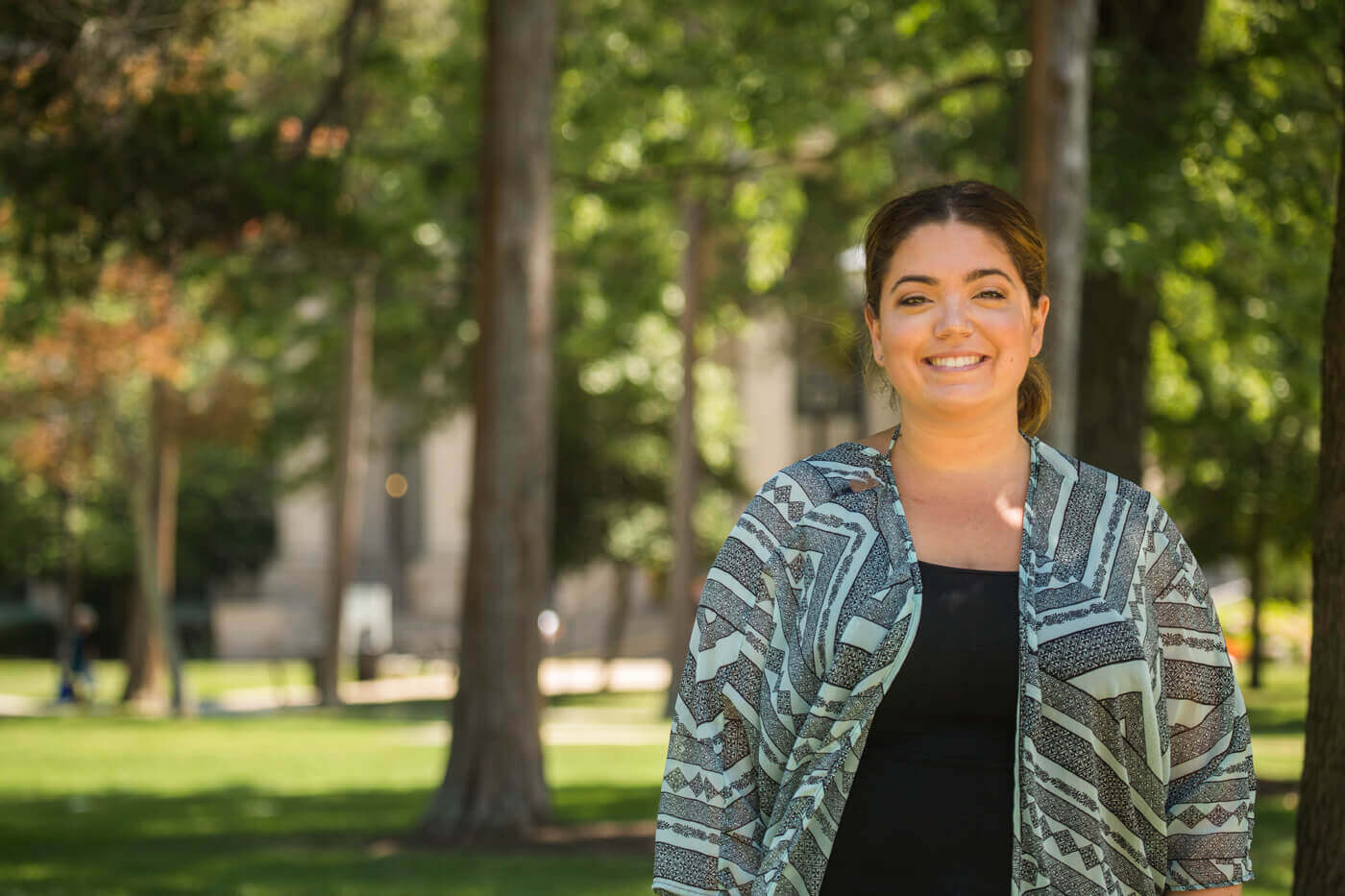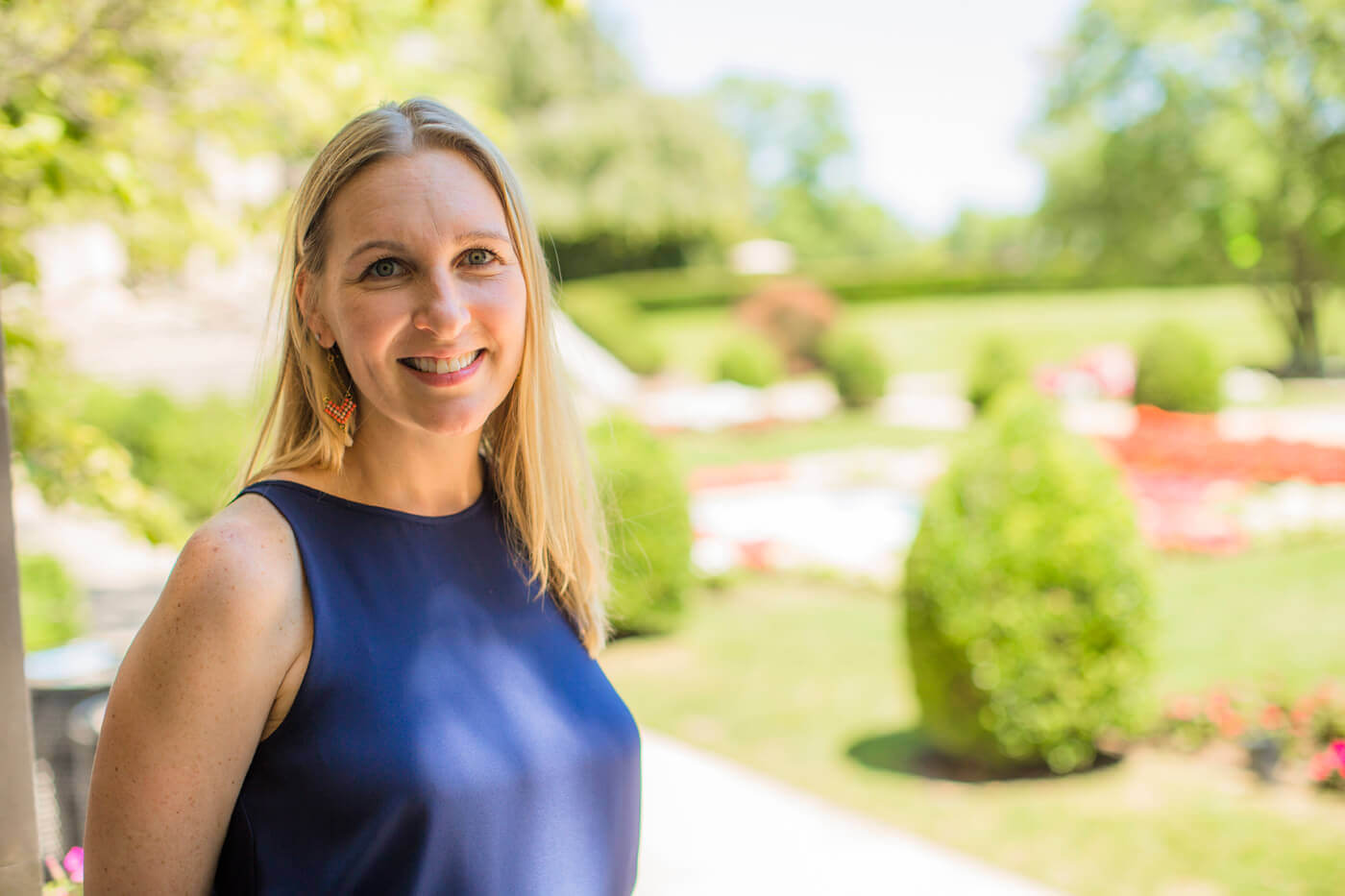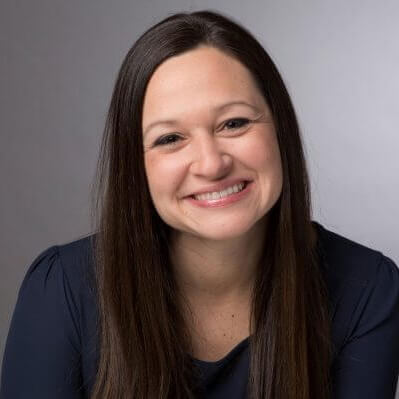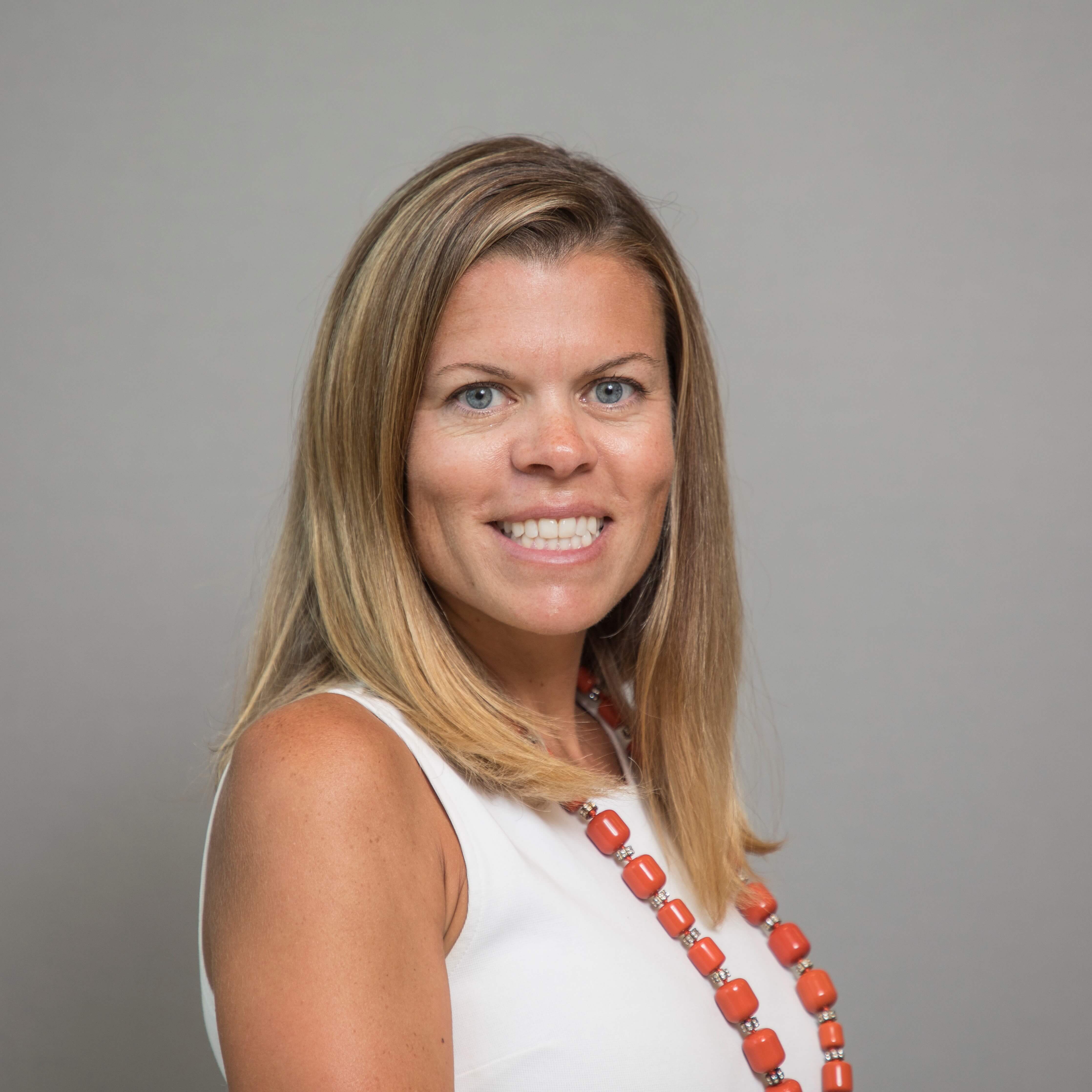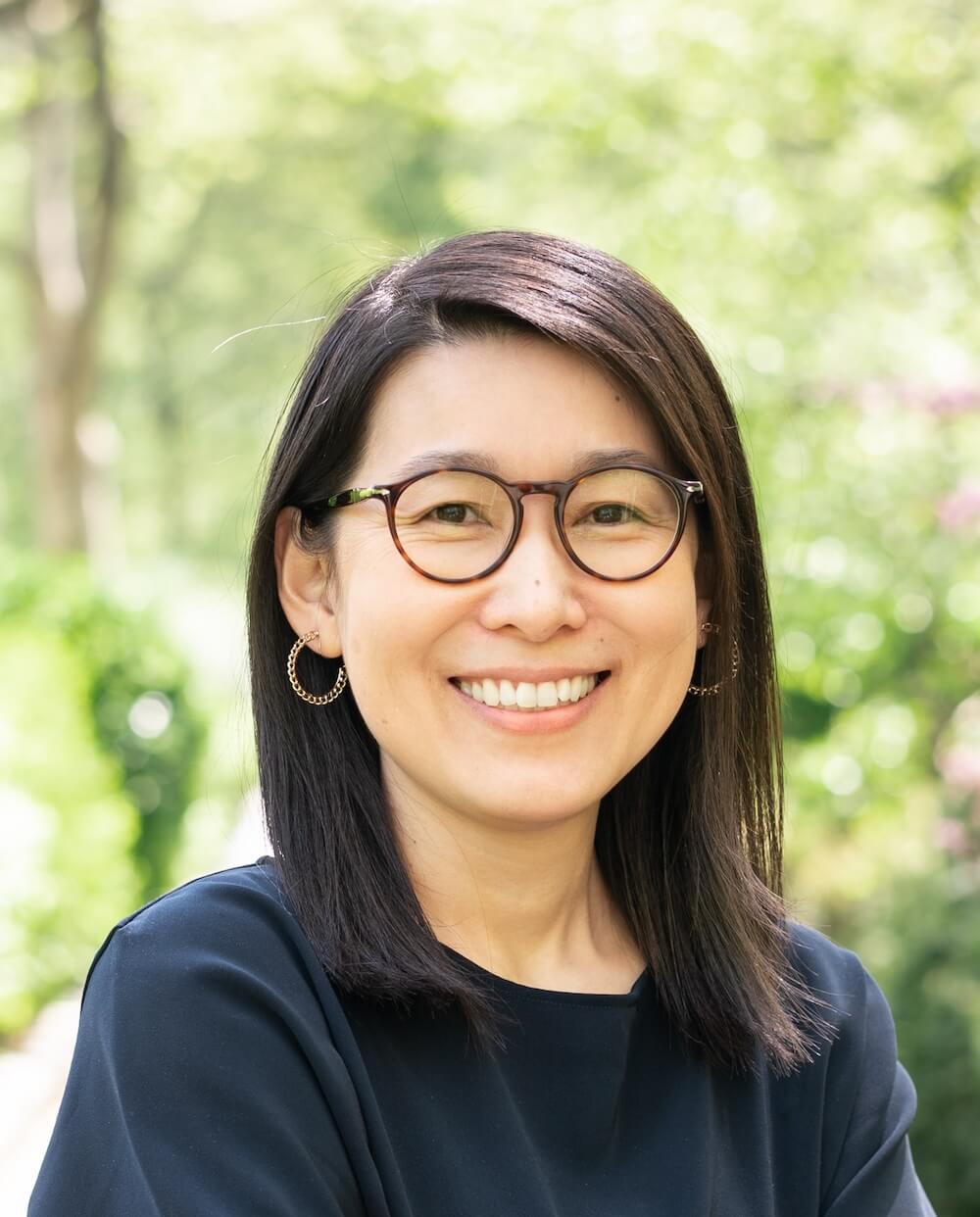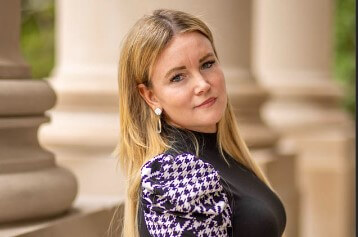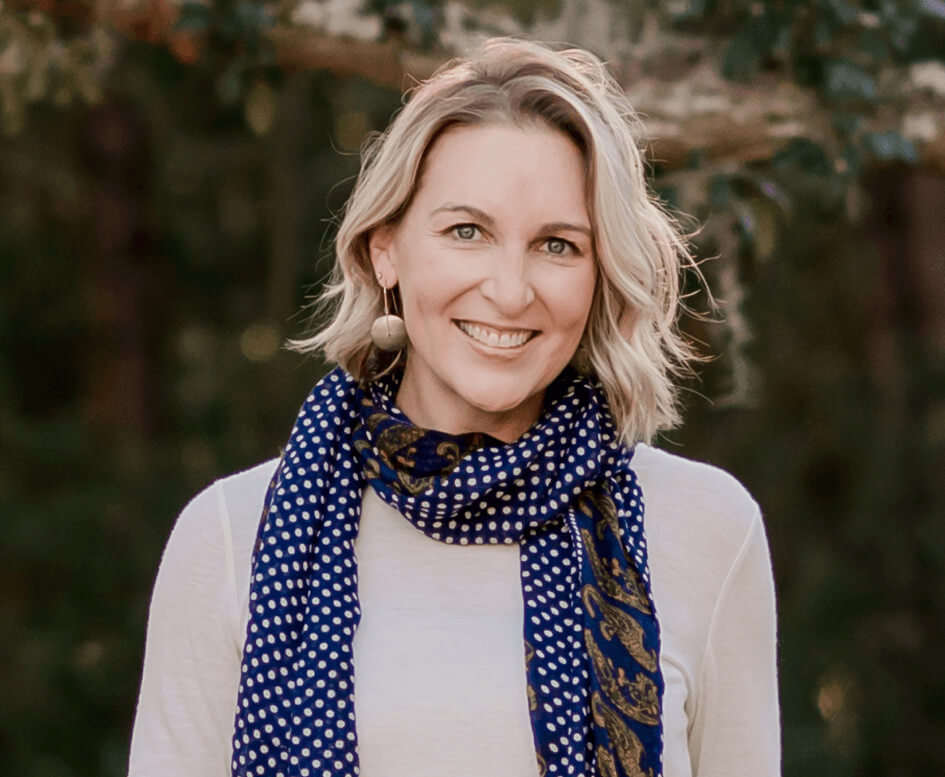M.S.Ed. Special Education Programs
Master of Science in Education in Special Education
Monmouth University’s 30-credit Master of Science in Special Education is a nationally accredited program that allows you to study evidence-based principles and theories as well as laws and policies to understand how P–12 students’ unique needs and abilities affect their school performance. Our programs are designed for practitioners who serve children and families with specific educational needs through assessment and intervention; leadership and collaboration; clinical application, research, and practice.
You will benefit from a personalized learning experience, a variety of learning formats, and diverse networking opportunities. Monmouth offers several flexible paths to specialize in autism and special needs, all of which are aligned with Council for Exceptional Children (CEC) national standards. You may choose to combine your M.S.Ed. with any of our specialized tracks or certificates. Students who already possess a master’s degree can complete certificate or endorsement programs designed to help you advance your career.
Special Education Programs and Endorsements for Certified Teachers
There are distinct programs tailored for Teacher of Students with Disabilities, Learning Disabilities Teacher-Consultant (LDT-C), and Special Education Supervisor.
Both M.S.Ed. and TSD endorsements are offered as fully online synchronous programs.
Autism Programs
We provide three fully online programs (30-credit master’s program, 39-credit master’s program, and an 18-credit certificate program) that prepare teachers to focus on the design of educational services for children with autism and teach students who are on the autism spectrum.
Applied Behavior Analysis (ABA) Certificate
Our online ABA certificate program is appropriate for individuals who would like to increase their knowledge of ABA and those looking to sit for the Board Certification in Behavior Analysis (BCBA) exam.
Special Education: Advanced Level Track
Our online 30-credit Advanced Level Track is designed specifically for licensed special education teachers who are seeking an advanced M.S.Ed. degree and already have Teacher of Student with Disabilities certification.
Application deadlines for this program are May 1 for Summer, July 15 for Fall, and December 1 for Spring. View Program Application Requirements.
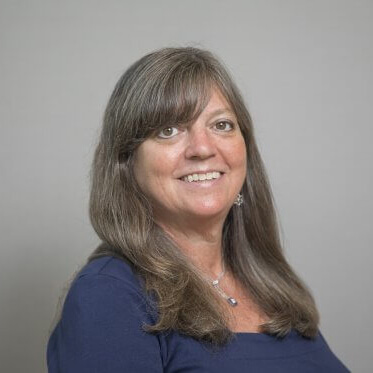
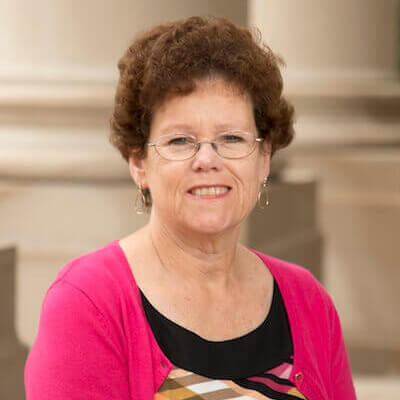
Flexibility Plus Fieldwork Opportunity
Classes are primarily offered in a hybrid format—online and in-person—with clinically-based field experiences in a wide range of local school and community settings that give you important learning opportunities. Our goal is that our students use their thorough knowledge of learners and learning to promote positive student outcomes and achievement.
Program Accreditation
The M.S.Ed. in Special Education program is accredited by the Council for the Accreditation of Educator Preparation (CAEP), signifying the program of study meets the highest standards of quality in preparing competent, caring and qualified professional educators who will teach and lead in public and private schools.
See Our Program Faculty
Kathryn Lubniewski, Ph.D.
Associate Professor, Special Education, Assistant Director, Social Justice Academy
Growing Need to Serve Students with Disabilities
Over the past decade, the number of U.S. students enrolled in special education programs has risen 30 percent, according to the National Education Association (NEA). With three out of every four students with disabilities spending at least 40 percent of their school day in general education classrooms alongside their typically developing peers.
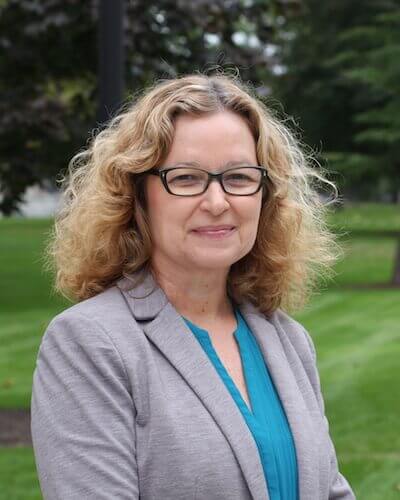
With the increase in accommodating more children in inclusion classrooms, we have seen increased enrollment in our special education programs. Many of the superintendents and principals in the 30 plus NJ school districts we work with advise our candidates that they will be more marketable if they add the special ed or ESL endorsement, even if they intend to work as a general educator.Dr. Wendy Harriott Associate Dean, School of Education

